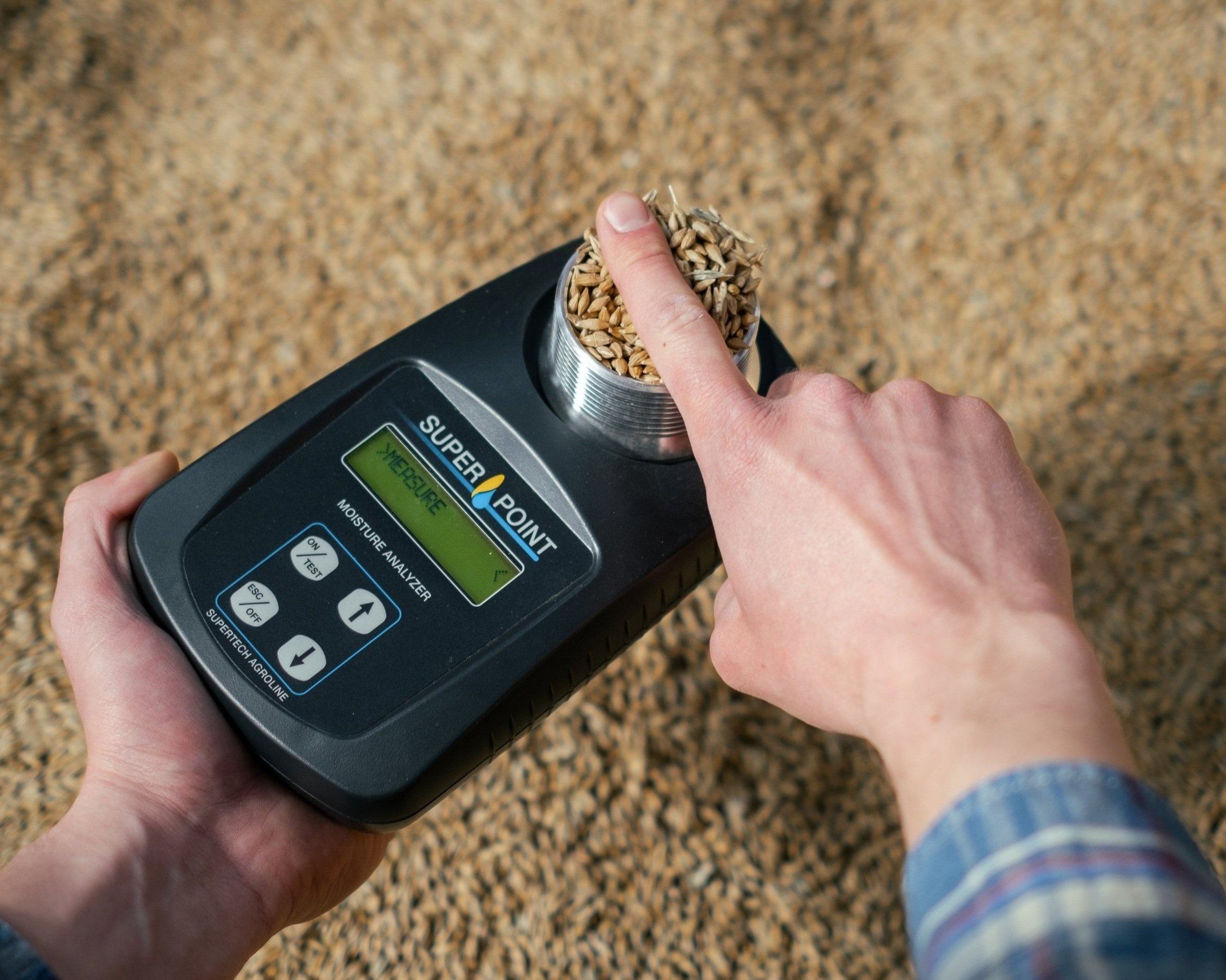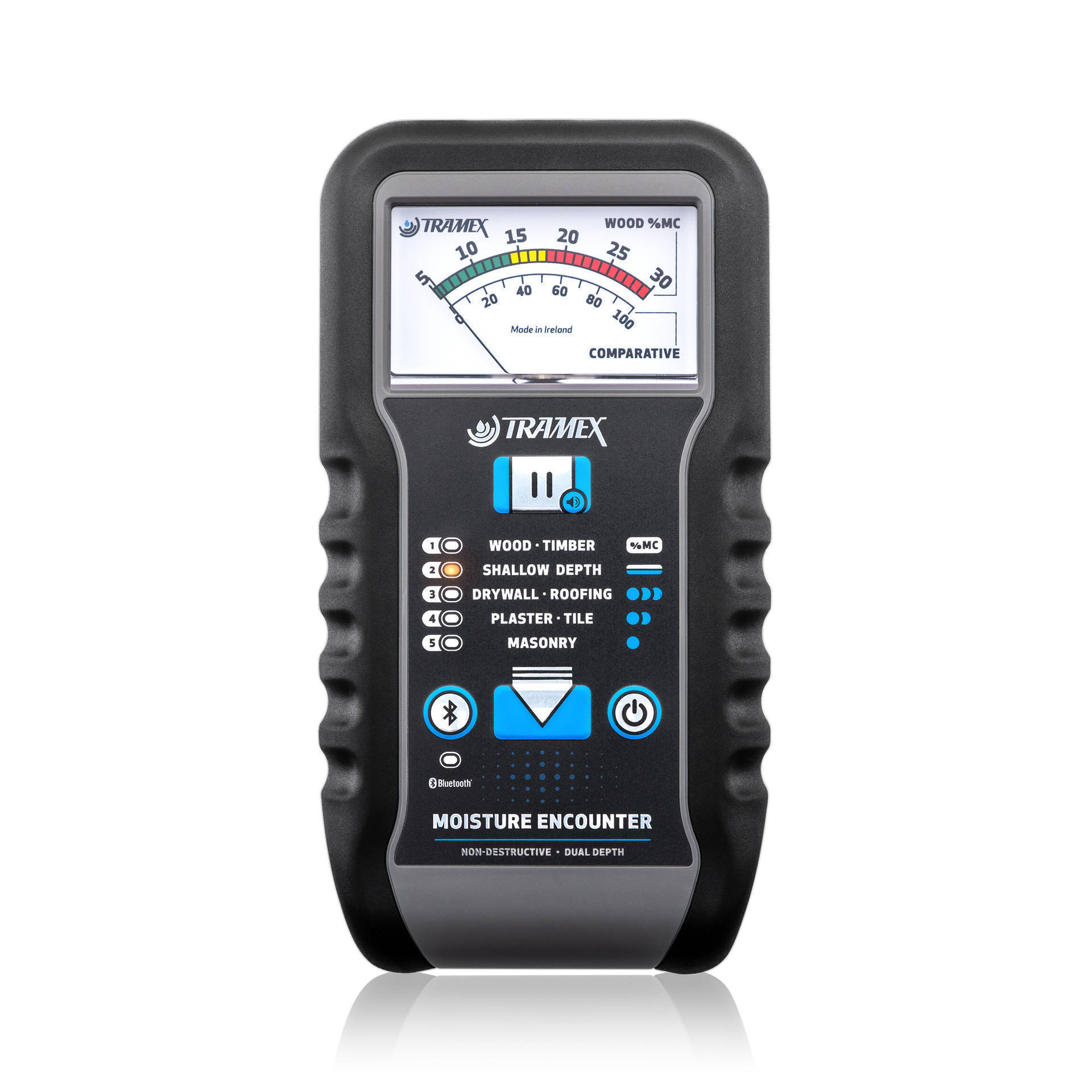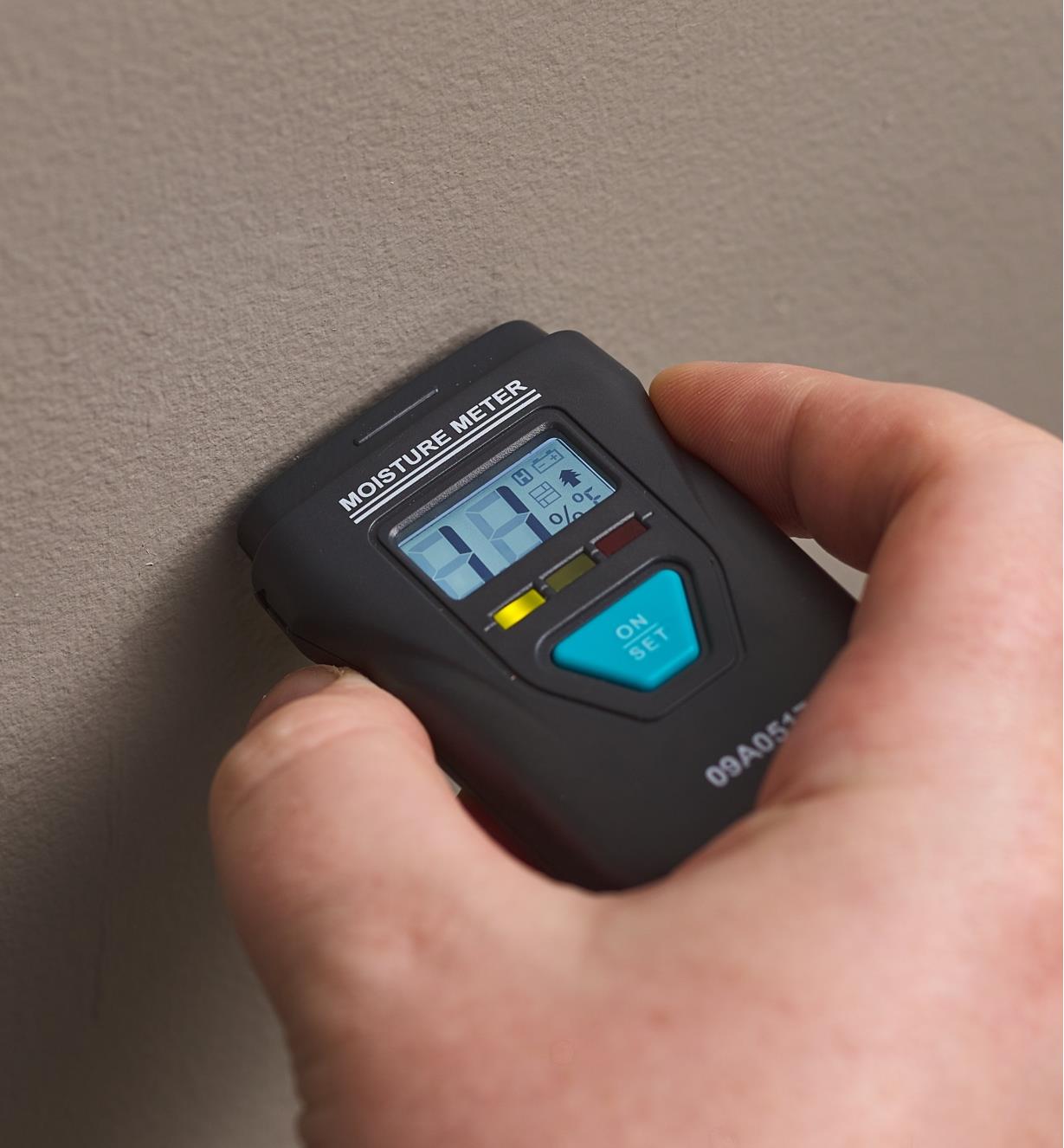Why Every Property Owner Requirements a Moisture Meter: Secret Benefits and Functions
Why Every Property Owner Requirements a Moisture Meter: Secret Benefits and Functions
Blog Article
The Ultimate Guide to Moisture Meters: A Comprehensive Introduction and Exactly How They Can Conserve You Money
In the world of structure upkeep, building and construction, and various sectors, the relevance of accurately gauging moisture levels can not be overstated. Moisture meters work as indispensable tools in finding and checking moisture content in materials, helping in stopping costly problems and making sure the top quality of products. Comprehending the subtleties of different kinds of moisture meters, their applications, and the potential cost-saving advantages they offer can be a game-changer for professionals and organizations alike. Uncovering exactly how these gadgets can not only enhance procedures but also contribute to economic cost savings is a trip worth embarking on.
Sorts Of Moisture Meters
One typical kind is the pin-type wetness meter, which gauges the electrical resistance in between two pins put into a product. Pinless wetness meters, on the other hand, usage electro-magnetic sensing unit plates to scan a bigger area without creating damages to the material's surface area.
Infrared dampness meters determine the thermal buildings of a product to identify its dampness content non-invasively, making them beneficial for applications where pin or pinless meters may not be ideal. Understanding the different types of wetness meters available can assist industries select the most suitable tool for their certain wetness dimension needs.

Benefits of Utilizing Moisture Meters

Furthermore, making use of dampness meters can cause increased energy effectiveness. By recognizing areas with high moisture degrees, such as leaks or bad insulation, modifications can be made to enhance energy preservation and reduce utility prices. In agricultural settings, moisture meters play a crucial function in optimizing plant returns by allowing farmers to check dirt dampness degrees and make informed watering choices. On the whole, the advantages of using moisture meters extend throughout various markets, supplying cost-efficient options and advertising better high quality control methods.
Exactly How to Select the Right Moisture Meter
Choosing the suitable moisture meter involves considering key factors such as material compatibility, dimension variety, and calibration precision. When choosing a moisture meter, it's vital to make sure that the meter is appropriate for the certain product you will certainly be screening. Different products have varying electrical homes that can impact wetness readings, so picking a meter developed for your product is essential for exact outcomes. Furthermore, take into consideration the dimension series of the moisture meter. Make certain that the meter can identify wetness degrees within the array needed for your applications. Calibration accuracy is an additional vital aspect to maintain in mind (Moisture Meter). Select a wetness meter with reputable calibration to guarantee regular and accurate readings. Some meters may call for periodic calibration modifications, so comprehending the calibration procedure is essential. By meticulously evaluating these variables, you can choose a moisture meter that fulfills your needs and provides exact dampness dimensions for your jobs.
Correct Techniques for Moisture Meter Use
To make certain precise moisture readings and optimize the efficiency of a wetness meter, using proper techniques is vital. When using a pin-type dampness meter, put the pins or probes right into the product being evaluated till they make complete call. By complying with these correct methods, individuals can rely on their moisture meter to provide trustworthy moisture levels, aiding in avoiding expensive damage or making certain high quality in numerous applications.

Price Cost Savings Via Moisture Meter Applications
Just how can the strategic application i loved this of dampness meters lead to substantial cost financial savings throughout numerous sectors? In the agriculture industry, dampness meters aid in determining the ideal time for harvesting plants, stopping over-drying or excess wetness that can affect the last item's high quality.

Moreover, in the food handling industry, wetness meters are essential for monitoring product quality and making sure conformity with safety laws. By precisely gauging dampness content in food, manufacturers can avoid wasting, preserve quality, and minimize waste, leading to substantial expense financial great site savings. On the whole, the calculated application of dampness meters is an important investment that can result in considerable cost reductions and improved performance throughout numerous industries.
Conclusion
In verdict, moisture meters are beneficial tools for detecting and determining dampness levels in different products. By utilizing the right moisture meter and following correct techniques, users can successfully protect against expensive problems triggered by excess moisture.
Wetness meters serve as vital devices in finding and monitoring moisture web content in products, assisting in stopping costly damages and ensuring the high quality of items. Infrared wetness meters gauge the thermal residential properties of a material to my link establish its moisture content non-invasively, making them valuable for applications where pin or pinless meters may not be ideal.Dampness meters supply important benefits in precisely assessing and checking dampness levels in varied products and atmospheres. In agricultural settings, dampness meters play an important role in optimizing crop returns by enabling farmers to keep track of dirt moisture degrees and make educated irrigation choices.In conclusion, moisture meters are important devices for finding and measuring moisture levels in different materials.
Report this page